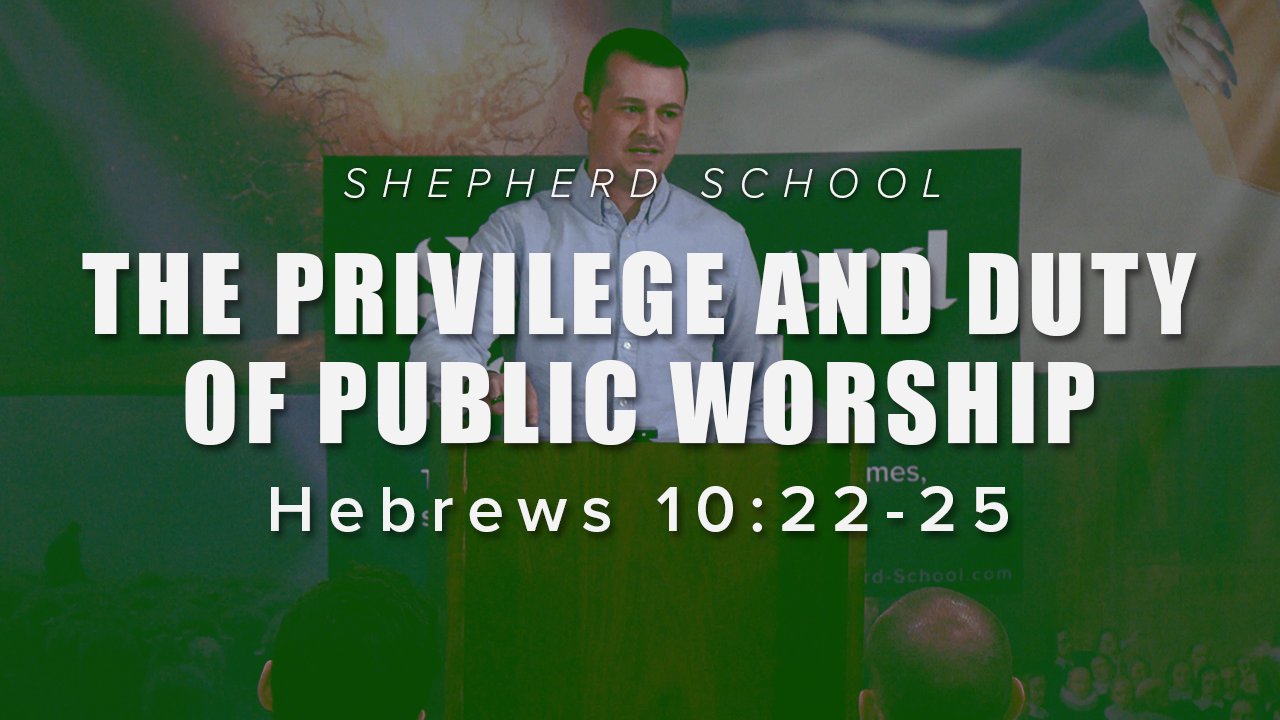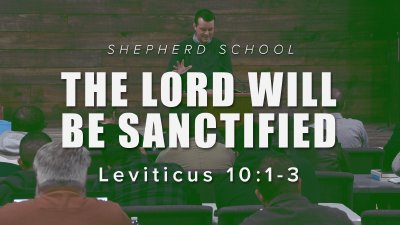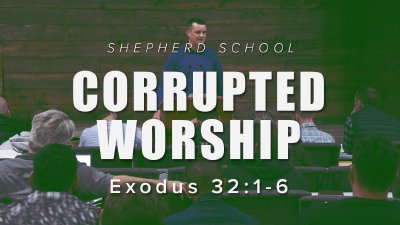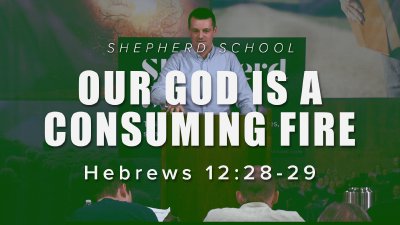BIG IDEA: The privileges and duties of those who have Christ as their Great Priest.
I. IF CHRIST IS YOUR GREAT PRIEST, DRAW NEAR TO GOD WITH FULL ASSURANCE (v. 22)
II. IF CHRIST IS YOUR GREAT PRIEST, HOLD FAST YOUR CONFESSION BECAUSE GOD IS FAITHFUL (v. 23)
III. IF CHRIST IS YOUR GREAT PRIEST, LABOR FOR THE EDIFICATION OF OTHER SAINTS (v. 24)
IV. IF CHRIST IS YOUR GREAT PRIEST, ASSEMBLE WITH THE SAINTS SO THAT YOU MAY DRAW NEAR, HOLD FAST, AND STIR UP (v. 25)
QUESTION 1. Does this mean only the Lord’s Day gathering?
A. No, not only the public worship gathering on the Lord’s Day, but, in addition, any lawful meeting of the church as directed by the elders; such as for fellowship (small groups), prayer, or church discipline (1 Cor. 5:4-5).
QUESTION 2. Why do some neglect the assemblies of the saints?
A1. Fear of suffering.
A2. Spiritual sloth.
A3. Unbelief working gradually towards the forsaking of all profession.
A4. Some neglect the Lord’s Day public worship because they do not love God as they should. These may even like small groups because they love friends but do not want to be a friend of God.
A5. Some neglect intentional times of fellowship, such as small groups, because they do not love the saints as they should. These may even like public worship because they love God but they do not want to be known by others or know them.
QUESTION 3. How does my participation in public worship serve to encourage fellow saints?
A1. By your very presence, reminding other believers they are not alone but have many brothers and sisters who love them and care for them, and also love the Lord.
A2. By the fellowship you have with others and conversation before and after the ordinances of public worship.
A3. By your participation in hearing the Word, giving a hearty amen to all that is done by God’s Word, praying, and taking of the Lord’s Supper which is all done in communion with one another.
A4. By your singing of Psalms and Hymns and Spiritual Songs, which you address both to God and to one another (Ephesians 5).
Specifically speaking of public worship on the Lord’s Day, this is nothing but a continuation of what the God’s people in all ages have done! They have assembled themselves together to worship the Lord by His ordinances. This its truth is proved and improved in various ways:
I) The Church under the Old Covenant assembled with the saints for public worship weekly on the Sabbath (Leviticus 23:3).
II) The Church under the Old Covenant also assembled with the saints for public worship regularly according to the festivals (Numbers 28-29).
III) Christ in His incarnation assembled with the saints weekly for public worship in the synagogues (Luke 4:16).
IV) The early Church under the New Covenant assembled with the saints for public worship (Acts 2:1-4; Acts 2:42; 1 Corinthians 11 and 14).
(I) Christ launched the New Covenant church on the day of Pentecost and from an assembly of saints which was even on a Sunday, 50 days after the resurrection of Christ, 10 days after His ascension (Acts 2:1-4).
(II) The early church devoted themselves to public worship (Acts 2:42).
(III) Later churches in the book of Acts also devoted themselves to public worship (Acts 20:7; 1 Corinthians 11, 1 Corinthians 14, 1 Corinthians 16:2; Revelation 1:10).
V) The Lord forbids His saints from neglecting to meet together (Hebrews 10:25).
VI) Missions exists because worship does not (Psalm 67:4-5).
VII) Public worship in the assembly of the saints is the most heavenlike thing in the world (Revelation 5:6-14).

THE PRIVILEGE AND DUTY OF PUBLIC WORSHIP: Hebrews 10:22-25
Hebrews 10:22-25
March 7, 2022 • Brett Baggett • Hebrews 10:22–25







